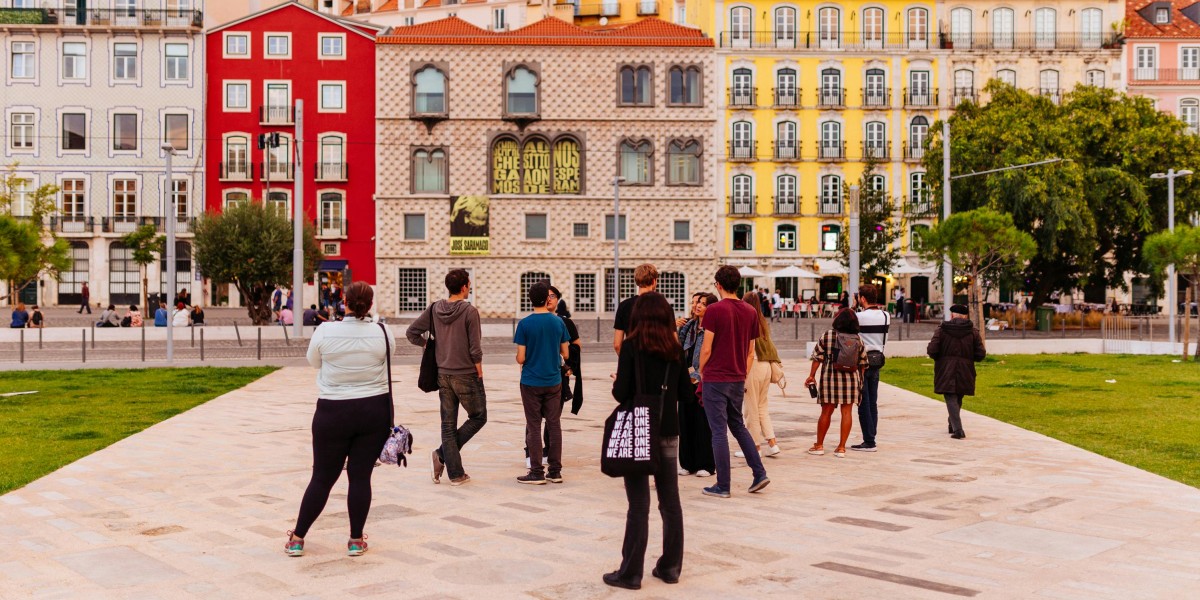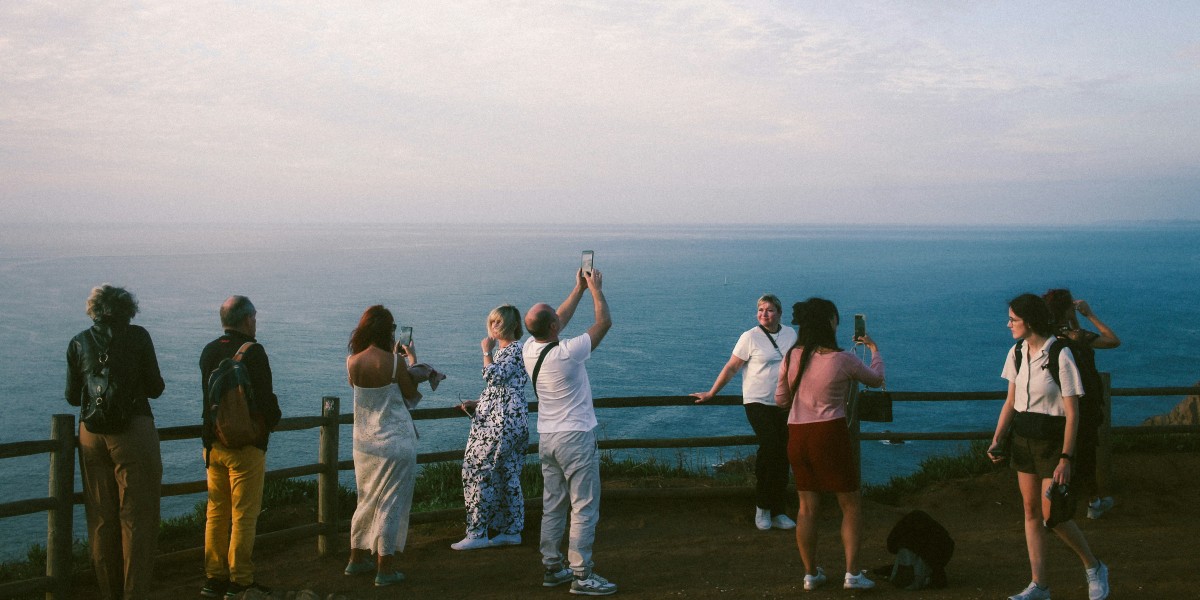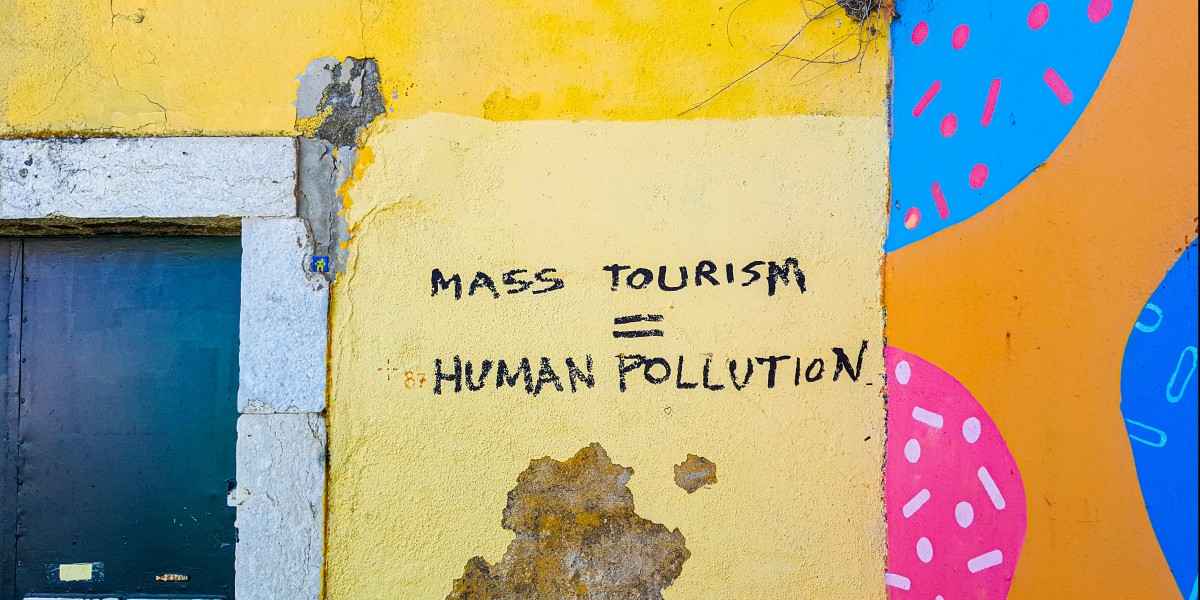
To help manage the impact of high visitor numbers, many popular destinations levy a tourist tax. This supplementary fee is charged to visitors staying in a city or region, typically on a per-person, per-night basis, and is collected directly by accommodation providers. The revenue generated from the tourist tax in Portugal, for example, is earmarked for local use. The money helps to finance the maintenance of tourist infrastructure, preserve cultural heritage, and mitigate the environmental effects of tourism on the destination.
Understanding the Tourism Tax in Portugal
Visitors to Portugal will find an additional charge on their accommodation bill in a growing number of destinations. This is the municipal tourist tax, or taxa municipal turística. This is not a uniform, nationwide levy; instead, each local municipality (autarquia) has the authority to decide whether to implement the tax, as well as define the specific amount, the number of nights it applies to, and any potential exemptions.
The fee is applied on a per-person, per-night basis and is payable by both international and national tourists. The trend is expanding, with at least 40 municipalities charging the tax at the start of 2025, and several more, including popular destinations like Almada and Nazaré, planning to introduce their own versions during the year. The stated purpose of the revenue is to help fund the upkeep of local infrastructure and services strained by high visitor numbers.
How much is the Tourist Tax in key Portuguese destinations?
The amount visitors are required to pay varies significantly across the country, as each municipality sets its own rates. The fee is generally between €1 and €4 per person per night, and most locations cap the charge at a maximum of seven consecutive nights per stay.

Lisbon City Tax at €4
Portugal's capital has the highest tourist tax in the country. The fee, which was introduced in 2016, currently stands at €4 per person per night following an increase that took effect in September 2024. The tax is payable by all visitors over the age of 13 for a maximum of seven nights per stay. The revenue collected is designated for projects that support the city's tourism quality and sustainable growth.
Paying Holiday Tax in Porto
Porto increased its tourist tax in 2024 to €3 per person per night, year-round. Similar to Lisbon, the charge is capped at a maximum of seven consecutive nights per person, therefore costing a maximum of €21. Visitors aged 13 and over are required to pay the fee.

Tourist Tax on São Miguel Island, the Azores
As of 1 January 2025, a new tourist tax has been introduced on São Miguel, the largest island in the Azores archipelago. Visitors staying in these areas are required to pay a fee of €2 per night. It is capped at a total of €6 per person for a continuous stay within a single municipality.
Rates in the Madeira Archipelago
In Madeira, the capital city of Funchal currently charges a tourist tax of €2 per person per night, which is applied for a maximum of seven consecutive nights. As of 2025, Funchal also levies a separate fee of €2 for each cruise ship passenger who disembarks in the port.

Albufeira Tourist Tax and rates across the Algarve
In the Algarve region, several popular tourist destinations have implemented a tourist tax. As of early 2025, several municipalities charge a fee, including:
- Albufeira: a seasonal tax of €2 per person per night is applied between April and October for a maximum of seven nights.
- Portimão: the rate varies by season, costing €2 per night in the high season (April to October) and €1 per night in the low season (November to March). The fee is capped at seven nights.
- Faro: the capital of the Algarve charges €2 per person per night between March and October, and €1 during the low season. There is a seven-night limit and exemptions for children under 16.
- Vila Real de Santo António: a fee of €1 per person per night and €0.50 for campsites and caravan parks is applied for up to seven nights.

How and where to pay the holiday tax in Portugal
The process for paying the tourist tax is generally straightforward for visitors. The responsibility for collecting the fee rests with the accommodation provider, meaning guests do not need to handle payments with municipal authorities directly
The tax is typically added to the final accommodation bill. Depending on the establishment or how the booking was made, the fee may be collected when paying online, upon check-in, or at check-out. It is advisable to review the price breakdown before confirming a booking, as the tourist tax may not always be included in the initial advertised price but should be itemised in the final total.
Paying the tourist tax for rental properties
The tourist tax applies equally to stays in short-term holiday rentals, such as those found on platforms like Rentalia, Airbnb or Booking.com. In many cases, these booking platforms will automatically include the relevant local tax in the total cost when a guest makes a payment online. If the platform does not manage the collection automatically, the property host is responsible for collecting the fee from guests directly.

Stay in the know about visiting and living in Portugal—get our weekly newsletter for the latest travel, legal, and lifestyle news.
